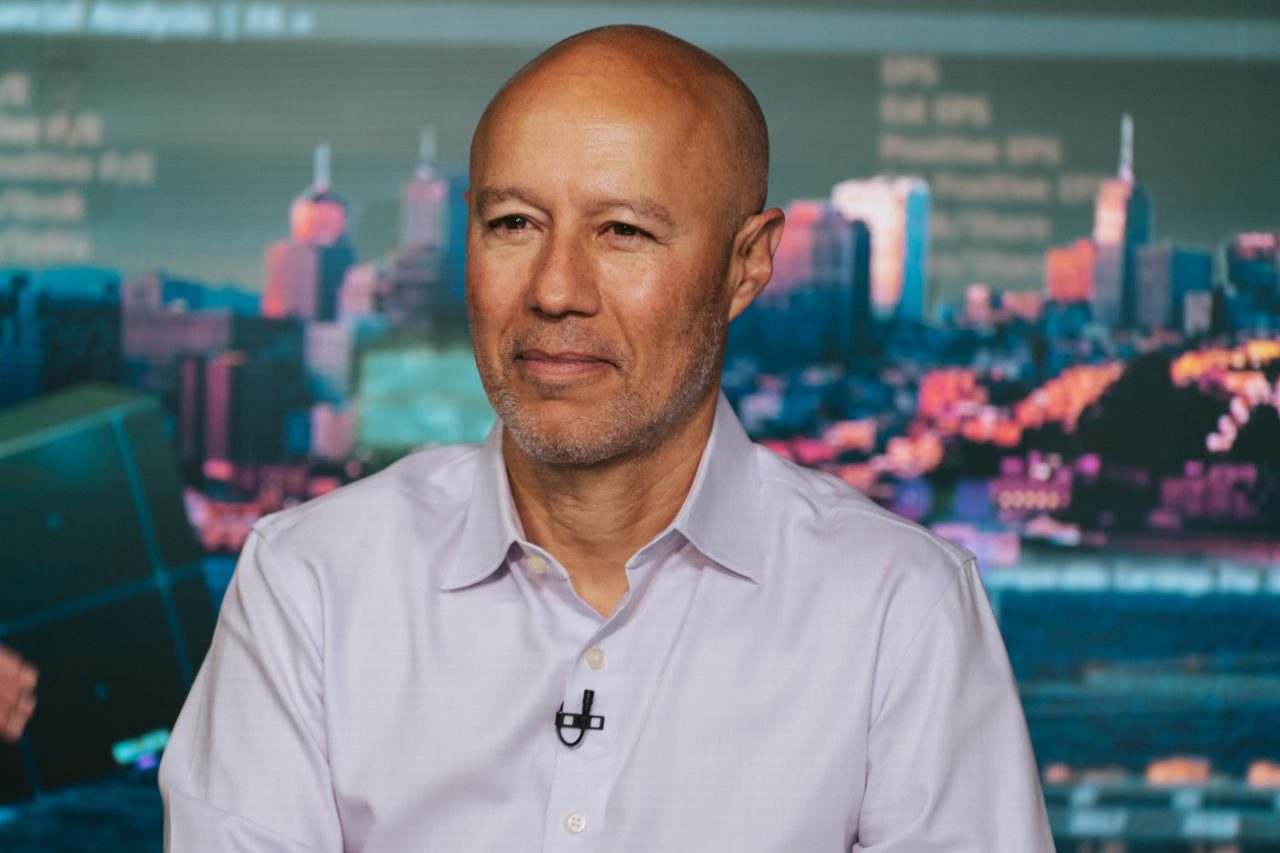Elon Musk has revised his ambitious target for federal budget cuts, describing a $1 trillion reduction as an “epic outcome.” Previously, Musk had floated the idea of cutting $2 trillion, but he now views that as a best-case scenario.
As co-leader of the Department of Government Efficiency (DOGE), an initiative formed under President-elect Donald Trump’s administration, Musk has outlined his vision for streamlining government operations. While DOGE lacks direct authority to implement changes, Musk’s comments carry significant weight, particularly among lawmakers.
“If we aim for $2 trillion, we’ve got a good shot at achieving $1 trillion,” Musk said during a livestreamed interview on X, the social media platform he owns. He emphasized that reducing the budget deficit from $2 trillion to $1 trillion could stimulate economic growth and combat inflation. “If we can match the output of goods and services with the increase in the money supply, inflation won’t be an issue. That, I think, would be an epic outcome.”
Despite the optimism, budget experts remain skeptical. Slashing $2 trillion from a $6.8 trillion federal budget is widely regarded as unrealistic. However, Musk argues that inefficiencies within the system offer ample opportunities for significant savings.
Musk highlighted the challenges of managing public funds effectively. “It’s very hard for people to care about spending someone else’s money,” he said. “I do know people in government who are principled about spending efficiently, but the system often prevents them from succeeding.”
Musk’s plans involve cutting spending, reducing regulations, and downsizing the workforce. While DOGE’s role is primarily advisory, its mission has found support among many Republican and some Democratic lawmakers. For instance, Iowa Representative Zach Nunn called for reductions in “the vast overreach coming out of Washington, DC.”
A key component of Musk’s strategy involves addressing regulatory inefficiencies. In a wide-ranging interview with Stagwell CEO Mark Penn, Musk criticized the accumulation of laws and regulations that he says hinder innovation and inflate costs.
“We’ve reached a point where launching any large project is nearly impossible,” Musk said. “You’ll spend more on paperwork than on the project itself, and delays are inevitable. DOGE’s focus on eliminating regulations that do more harm than good is crucial.”
Musk’s frustrations stem from personal experience, as federal regulations have complicated several of his business ventures. He believes that streamlining regulatory processes will not only save money but also boost productivity and innovation.
Although DOGE operates outside the government, its influence is growing. Last month, Musk’s criticism of a bipartisan spending deal contributed to its failure, showcasing his ability to sway policy discussions. While DOGE’s recommendations remain non-binding, its agenda to overhaul the federal government has resonated with lawmakers and the public alike.
As Musk continues to advocate for a leaner federal government, the question remains whether his bold targets are achievable or merely aspirational. Either way, his involvement guarantees that the conversation around government efficiency will remain in the spotlight.




